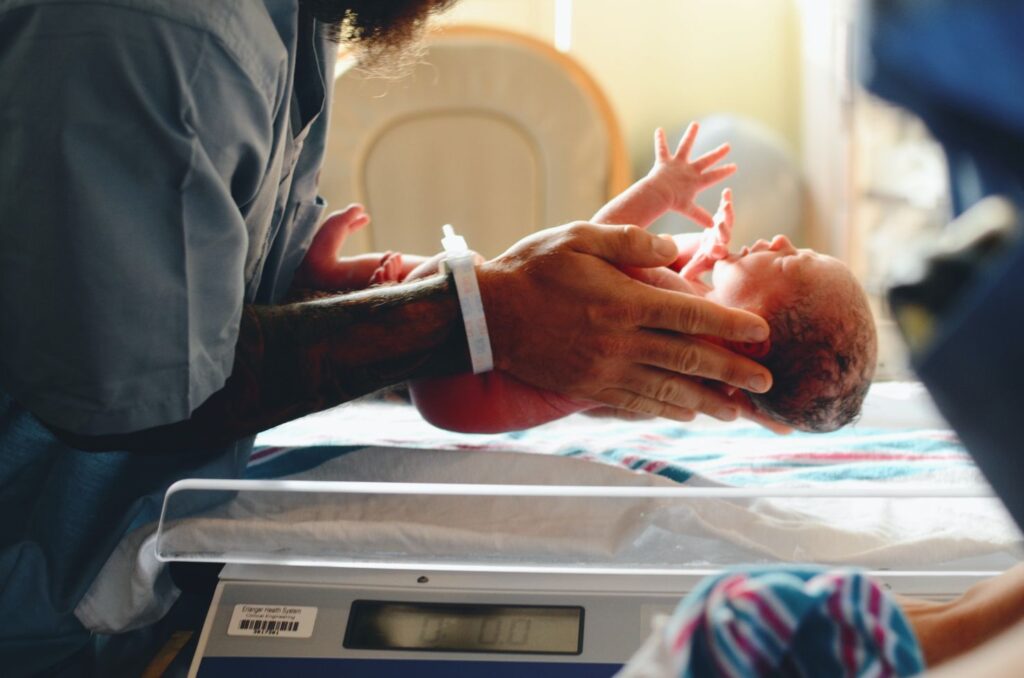If you think your child might be struggling to hear, it’s completely normal to feel worried. It’s tough to imagine your little one facing challenges, and you might be scared about what it means for their future. Of course, hearing loss can impact how kids learn to talk and understand the world around them. But the good news is there’s so much amazing help available these days! Doctors, specialists, and new technology can open up all sorts of possibilities for kids with hearing loss. Places like HearCanada have wonderful people who understand just what you’re going through.
Let’s learn more about hearing loss in kids, and all the ways you can help your child shine bright, no matter what.
Table of Contents
The Signs and Symptoms
If your newborn doesn’t get startled when they hear loud noises or don’t respond to familiar sounds as they get a few months older, it is time to visit a pediatrician to check their hearing. Your child should be able to start babbling sounds, try to get your attention or mimic your words by using different sounds when they are around 9 to 25 months old.
Typically newborns are screened to test their hearing a day or two after birth. Still, babies sometimes develop hearing difficulties as they age, even after passing the initial tests.
The signs might look different if your toddler or school-going child has hearing loss. For instance, they may not respond to their name being called, misunderstand words, have learning difficulties in academics, sit very close to the TV, or turn up the volume high to understand things. Such children might also show speech or language delays, speaking and acting differently from others their age. One way is to read to your children regularly and observe their reactions.
Hearing impairment can significantly affect a child’s learning and may even contribute to the development of some behavioral issues if left untreated, so it’s essential you address the concerns on time
Causes of Hearing Impairment

More than 50% of children born with hearing difficulties occur due to genetics called congenital hearing loss. These may include syndromes like Usher syndrome, Treacher Collins syndrome, down’s syndrome, or Alport syndrome. It might be passed on if one parent suffers from the condition or even when neither parent suffers, but both contain a recessive gene that appears as a hearing condition in their child.
Non-genetic factors may include premature birth, a nervous or brain disorder, birth complications like herpes, or infections that may cause a lack of oxygen or blood. It is essential to ensure a healthy pregnancy because maternal issues may also contribute, like using certain drugs called ototoxins during pregnancy, maternal diabetes, or infections that can lead to loss of auditory nerves.
In contrast, acquired hearing loss occurs when a child develops an impairment later on in life; this can be due to a perforated eardrum, infections like meningitis, measles, or mumps, a severe head injury, exposure to loud noises, exposure to smoke or toxins or untreated ear infections.
Helping Kids With Hearing Loss
Sometimes, the reason kids can’t hear well is something easy to fix, like an ear infection or a bit too much earwax. Their doctor can take a look and often have them hearing clearly again in no time! But sometimes, there might be other reasons for hearing loss, and there’s help for that too.
- Hearing Aids: These little devices can make a huge difference for so many kids! A friendly hearing specialist, called an audiologist, can help find the best ones that fit your child just right.
- More Ways to Hear: There are other special tools, like cochlear implants or neat little devices that help kids hear in different ways. And sometimes, learning how to communicate a little differently, like with sign language or extra focus on reading lips, can be a big help.
Why Getting Help Matters
Imagine how hard it would be to learn and make friends if you couldn’t hear well. That’s why it’s so important to get help for kids with hearing loss. If you’re feeling worried that your child might not be hearing as well as they should, definitely talk to your doctor. They might want you to see a special hearing doctor for kids, who can figure out the best way to help your little one hear the world loud and clear.













